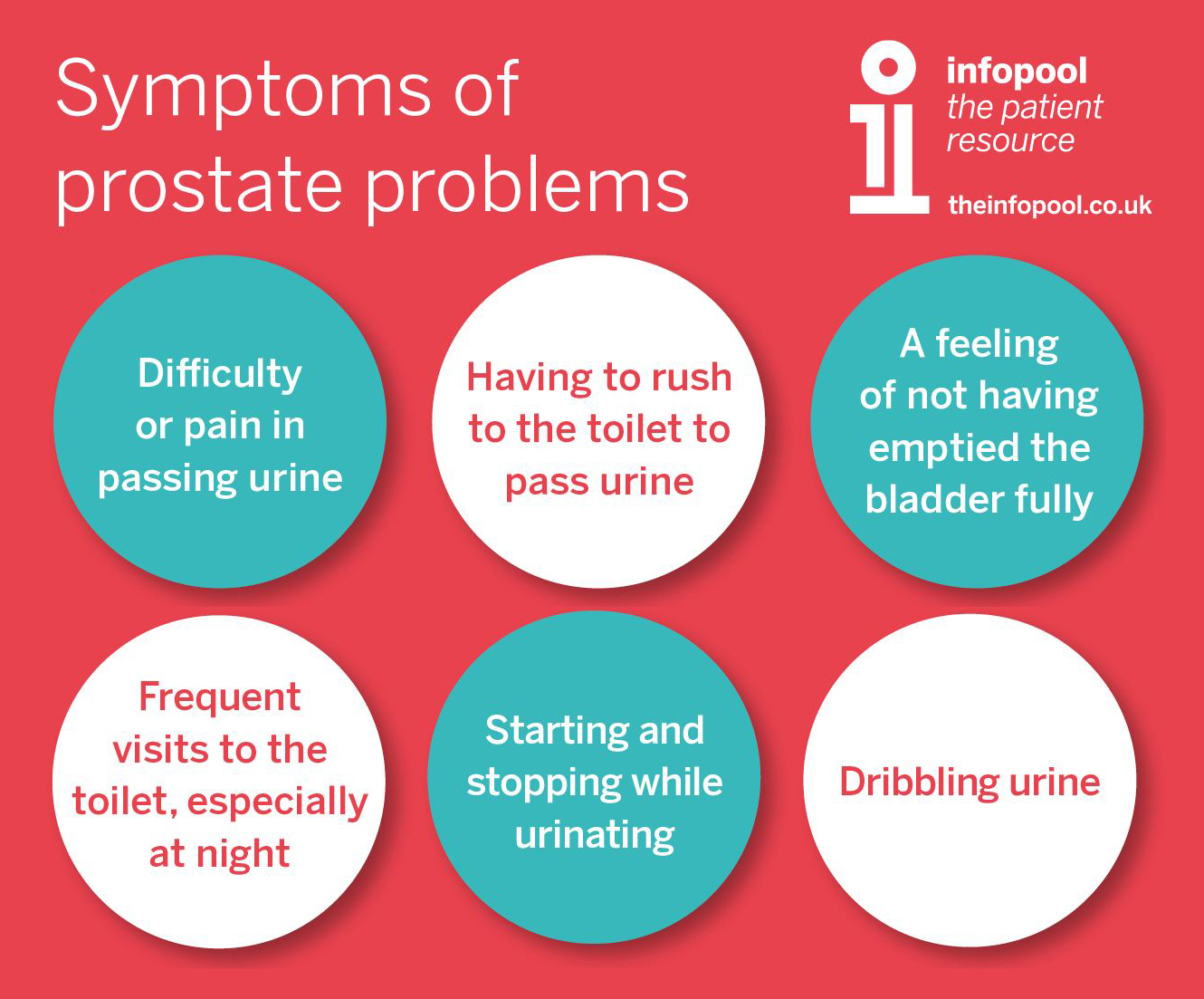Prostate Cancer Research Partnership
Solder Connection supports raising money and awareness for Prostate Cancer Research in their search for breakthrough treatments. Read more about PCR and their fantastic work or click below to donate to their cause.
Solder Connection & PCR
Solder Connection proudly supports raising money and awareness for Prostate Cancer Research in their search for breakthrough treatments.
Inline with this Solder Connection (and our sister company Solders & Fluxes), will be attending the Model Engineering Exhibition, held in October this year at the Warwickshire Exhibition Centre. With the support of Metcal we will be holding a daily raffle to win a MSA Smoke Absorber, with all proceeds being donated to Prostate Cancer Research. We hope to undertake further charitable activates in the near future, to help in increasing both awareness and funding for Prostate Cancer Research.
About PCR
Prostate Cancer Research (PCR) was originally founded by Professor John Masters, a scientist who was passionate about finding new treatments for prostate cancer. Since then, they have continued to strive forward to build a future where people are free from the impact of prostate cancer.
In the last four years PCR have expanded the amount of research they fund by four times, opened a new translational arm to help more promising treatments get from lab to patient, and have opened grant calls based on patient feed back, including bone metastasis and racial inequalities.
What is Prostate Cancer?
The prostate is a small walnut-shaped gland in males that produces the seminal fluid that nourishes and transports sperm. It is one of the most common cancers in men today and whilst many prostate cancers grow slowly and are confined to the prostate gland, others are more aggressive and spread quickly.
Similar to many other cancers, in the early stages there are generally no signs or symptoms. The risk of developing this kind of cancer can be attributed to a range of factors including old age, race, family history and obesity leading to poor health. In its more advanced stages a number of different signs and symptoms will present themselves.
If you are concerned contact your GP who provide a physical test and perform a blood test to measure your PSA level. Remember the sooner you present yourself, the greater the chance of a successful treatment.

